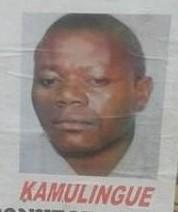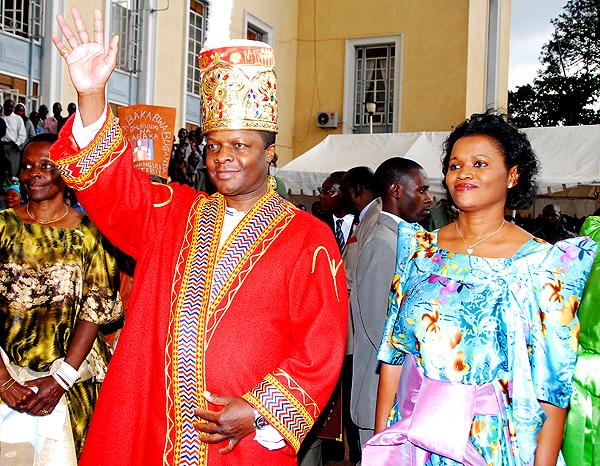FTSE ASEA Pan Africa Index Series: aiding investment with the brain – By James Duddridge, MP

When considering Africa, people do not generally think of sky scrapers, city dealers, affluent middle classes, bankers in suits, screens of numbers and the trading of stocks and shares. This is, however, increasingly an African image we will have to get used to.
I recently went to a conference at the London Stock Exchange where investors were buzzing with enthusiasm for the growth in African shares. I came away with the impression it was a bit of a gold rush, but I am always wary of the “˜next big thing’. The story is, however, quite compelling: double digit annual growth in a number of counties; over 10 percent of the shares on the Alternative Investment Market in London (AIM) are either primarily or totally involved in Africa; The African Securities Exchanges Association (ASEA) is currently represented by 20 exchanges in 27 African countries and the market is expanding rapidly. In short, it is a great time to invest in Africa.

The 3 year performance of the FTSE Pan Africa Index compares very favourable with comparable indexes.
Some questions immediately spring to mind: How do you measure the market? Where do you start? What are the big opportunities? Which counties? Which Companies? The choice is bewildering for most, even before you worry about how to spread your risk or consider currency fluctuations. But there is help…
We have all heard of the FTSE 100 Index or the Dow Jones Industrial Average. We now have a new initiative from FTSE Group: the FTSE ASEA Pan Africa Index Series (launched this week). Those wishing to invest, track the market place, or compare funds, now have a suitable benchmark index. This will help investors have the confidence to invest in funds and see how much they outperform, or underperform the index.
The Index excludes South Africa – a massive and much more mature market that would dwarf the output of other countries in it – instead focusing on Botswana, Cameroon, Cape Verde, Egypt, Ghana, Ivory Coast, Kenya, Libya, Mauritius, Morocco, Mozambique, Nigeria, Rwanda, Kenya, Tanzania, Tunisia, Uganda, Zambia and Zimbabwe. The index contains no more than 30 constituents per country and will have a maximum country weight of 20 percent.
I am now waiting for someone to launch a FTSE ASEA Pan Africa Index tracker fund which will allow investors to place money across the continent without paying large fees to asset managers. Jonathan Cooper, Managing Director, Middle East & Africa, FTSE Group, said: “Investors are increasingly focused on frontier and emerging markets as a source of return and portfolio diversification.”
The lesson here is to love Africa with your heart, but invest in it with your brain. The FTSE ASEA Pan Africa index has an impressive Year to Date (YTD) performance of almost 19 percent, compared with a YTD performance of under 5 percent for the FTSE BRIC 50 Index. A thought worth pondering.
James Duddridge is a Conservative Member of Parliament in the UK with an interest in Africa having worked for Banks in Swaziland, Ivory Coast and Botswana.







[…] See table: The 3 year performance of the FTSE Pan Africa Index compares very favourable with compara… […]